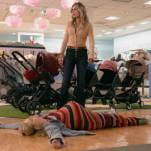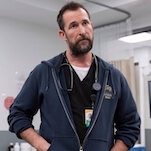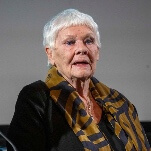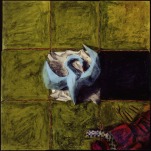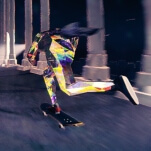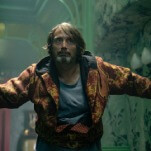If I Had Legs I'd Kick You plays with fire around the powder keg of motherhood
Rose Byrne has never been better than in Mary Bronstein's thorny and devastating motherhood drama.
Photo: A24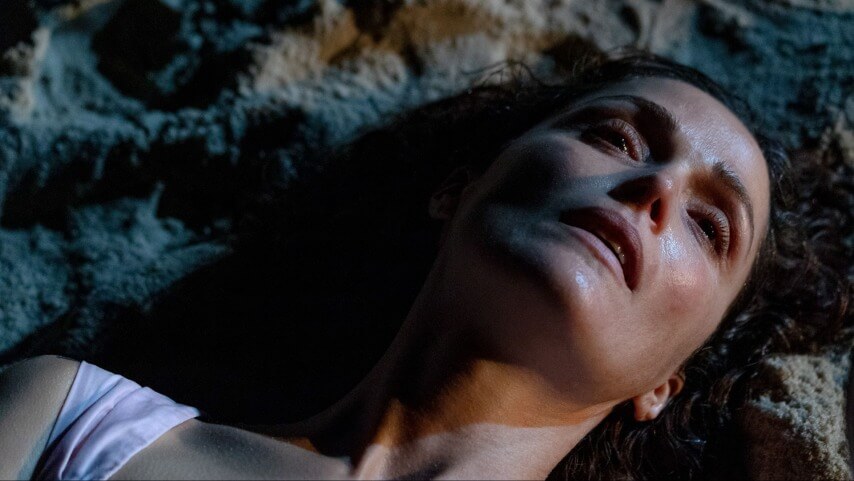
Director Mary Bronstein opens If I Had Legs I’d Kick You with a close-up of Rose Byrne’s face, a study of every little line in her simmering expression, her brows lightly creased. Byrne’s character, Linda, is attempting to urge what sounds like her family therapist to take a moment and prioritize her feelings over those of her ailing young daughter. The close-up only becomes tighter, more extreme, Byrne’s weary gaze nearly filling the screen, as she tries to explain that she’s allowed to be sad sometimes. She’s allowed to cry. While If I Had Legs I’d Kick You—Bronstein’s first film in 17 years, following her debut, Yeast—does eventually open up this claustrophobic framing, there is still very little room to breathe throughout the rest of her thorny, devastating film.
If I Had Legs I’d Kick You follows Linda, a mother looking down the barrel of a nervous breakdown. Her husband, Charles (Christian Slater, mostly just a voice over the phone) is away for work while Linda takes care of their daughter, a character left nameless and also, for the bulk of the runtime, faceless. In this compelling creative choice, Linda’s daughter is physically absent for almost the entire film, her presence only captured in her admittedly grating voice and scant glimpses at obscured body parts. Linda’s daughter suffers from an illness whose conditions are just as cryptic as the details of the child herself, but it is one which requires a feeding tube. It can be inferred through the way that the characters dance around the situation (needing to get Linda’s daughter to her proper weight, the child resisting meals and expressing dislike of “mushy food”) that it is some form of eating disorder spurred by hypersensitivity to food textures.
Whatever the true nature of her daughter’s illness, Linda has been left in charge of it, a task which she shoulders with a mixture of exasperation and resentment. Linda loves her daughter but seems both bitter and passive towards her situation, just as she seems ambivalent towards the patients who come to her seeking emotional help. If there was a time when Linda was an attentive therapist, it is since long gone, and Linda seems to spend most of her sessions preoccupied by her own life—a preoccupation bordering on narcissism evidenced by interactions with her own stoic therapist, played by a near-unflappable Conan O’Brien in his first dramatic turn. At the center of all of Linda’s woe is a hole; not the hole in her daughter’s stomach from which a plastic tube juts out, but the hole in her Long Island apartment in which a pipe allegedly burst, cascading a torrent of water into her family’s home and leaving a gaping black maw in the ceiling.
This incident indefinitely displaces Linda and her daughter at a nearby motel, maintained with an air of deep ennui by clerks Diana (Ivy Wolk) and James (ASAP Rocky), the former both disinterested by and lightly antagonistic towards Linda’s behavior, the latter intrigued by an attraction to her that is mostly cradled by pity. The hole that led them there is given both mystical and uncannily fleshy qualities by Bronstein, its image meant to evoke her daughter’s incision. When Linda infrequently visits the apartment to inspect its progression, she both fears and desires the darkness ensconced within it during semi-fantasy sequences in which the entire universe seems to exist in this broken ceiling.





















